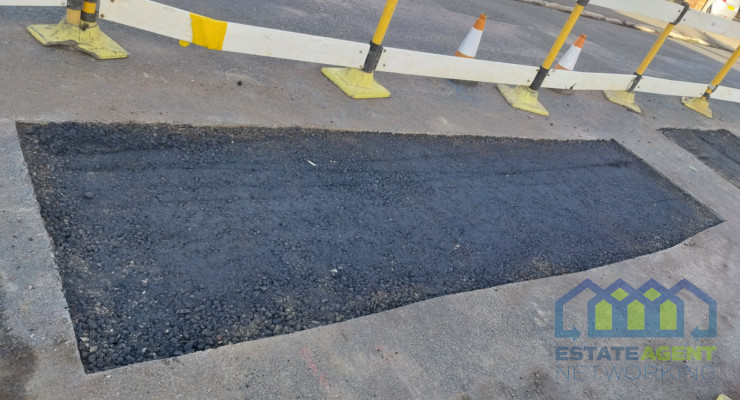Low income strategies when investing in real estate.
Investing in real estate is a great way to have earn money out of it later. But with low monthly income, it is not that easy to be approved to take a credit. Here I am going to present some low income strategies when investing in real estate as a way of earning money from it. It is important to save at least 5% to 10% deposit of the monthly income. This will increase the chance my finances to be approved by the lenders. The larger amount I safe of my monthly income the bigger the chances are my credit to be approved and the more attractive I will be for all lenders. Investing in restoration and cleaning of unmaintained and thus cheaper real estates, is also an option.
Investing in real estate by borrowing a loan from some credit institution, when I already have an immovable property, has some risks, but is acceptable. For example if I own a property, I can borrow more than 80% of another real estate. I risk losing my own and the property I am paying, but most probably will I be approved as a loan taker by the bank or a private company. My own property will be at stake, but I will be able to purchase my new real estate, invest in it, while gathering the money for its complete payment. The unpleasant is that my property will be used as a mortgage and proof for my creditor that I will pay him the rest of the money you owe him.
Most creditors have severe criteria for giving loans, which is understandable, due to the current financial situation. If I want to buy a real estate and have low income and I need to take a credit for it, I will be prepared for paying a part of my monthly salary for this credit and even mortgage the bigger part of my home or other immovable property. This will leave me less money for each month, until I pay the whole amount of the price of my new real estate.
Another option which is appropriate is buying a real estate through the help of joint ventures. This way every side owns the half of the property. What is important here is that both sides should sign a mutual agreement with the value of a document or contract between them. In it it has to be included a sinking fund, which will pay repairs and expenses when the property isn’t used by any of the sides. The time each side uses the property, the condition for renting and hiring the property, insurance issues and many other conditions and details need to be previously determined and arranged by both sides.
through the help of joint ventures. This way every side owns the half of the property. What is important here is that both sides should sign a mutual agreement with the value of a document or contract between them. In it it has to be included a sinking fund, which will pay repairs and expenses when the property isn’t used by any of the sides. The time each side uses the property, the condition for renting and hiring the property, insurance issues and many other conditions and details need to be previously determined and arranged by both sides.
I can reduce the cost of my stamp duty by purchasing the real estate I want in the beginning of its construction or buying off the plan. Instead of sinking into loans and risking to lose my home or other immovable property as a mortgage, I would prefer to gather all the money I need on a later stage or even make compromise with purchasing a smaller real estate. Once I buy it, I can invest in its improvement, refurbishing, cleaning and can offer it for rent. It’s an investment, which will pay off later. Buying smaller estate and investing in cleaning, restoration and modernizing is better than buying more expensive properties.
If someone is in financial crisis and can’t pay his mortgage, I can use my deposits to help him in return of receiving a share of a property or even the whole property. If I pay for his mortgage, and sign a contract, it will give me control over the property, although not possession. The profit here is the rental income and gaining control over the property. This is another low income strategy when investing in real estate.
Patricia Cornwell is an owner of a small company that provides loft converting Wandsworth but real estate investing is her passion and she gets some passive income from these properties.









